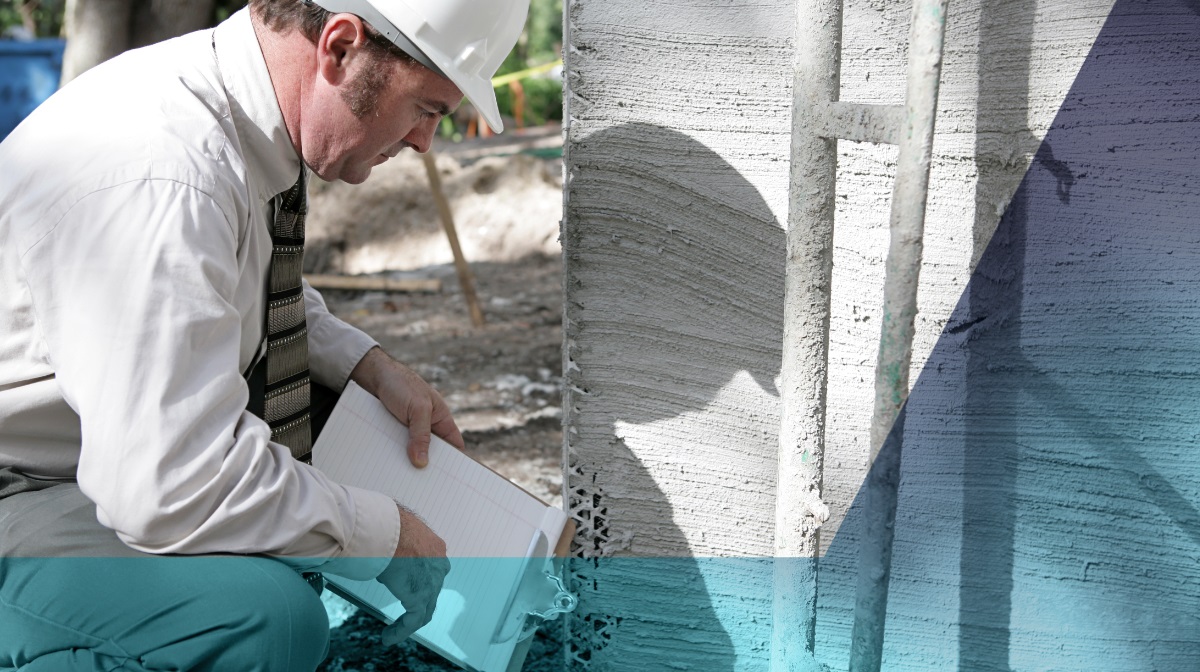
Owning a home comes with the responsibility of maintaining its structural integrity. A crucial aspect of this is regular foundation inspections. These assessments not only ensure the safety of the residents but go here to learn more also help in preventing potential disasters.
The Basics of Foundation Inspection
They are proactive measures aimed at identifying any underlying issues before they escalate and go here to learn more. Signs such as cracks in walls, uneven floors, or doors that won’t close properly can trigger the need for a thorough inspection.
The Inspection Process
A comprehensive foundation inspection involves a step-by-step examination of various elements, from the soil composition to the building’s structure. Professionals utilize advanced tools like laser levels and crack monitors to assess the foundation’s health accurately.
Unveiling Foundation Issues
Not all foundation issues are created equal. Some are minor, requiring simple fixes, while others can jeopardize the entire structure. Understanding the types and severity of problems is crucial in determining the appropriate course of action.
Immediate Actions for Minor Issues
For minor issues like hairline cracks or minor settling, homeowners can take immediate action. DIY solutions, such as using epoxy injections for cracks, can be effective. However, it’s essential to know when professional intervention is necessary to prevent exacerbation.
Professional Intervention for Major Issues
When the foundation inspection reveals significant problems, it’s time to call in the experts. Structural engineers play a pivotal role in assessing the severity of the issues and recommending appropriate solutions. Foundation repair methods vary, ranging from underpinning to piering, each with its advantages and disadvantages.
Budgeting for Foundation Repairs
Understanding the cost implications of foundation repairs is crucial. Homeowners should obtain detailed estimates and be prepared to negotiate with contractors. Balancing cost-effectiveness with the quality of work is key in making informed decisions.
Long-Term Preventive Measures
Preventing future foundation issues is equally important. Proper landscaping, maintaining consistent soil moisture, and addressing drainage problems contribute to a stable foundation. Regular maintenance checks can catch potential issues before they escalate.
Seeking Legal Advice
In some cases, foundation problems may lead to legal disputes. Seeking legal advice becomes essential, especially when the issues are a result of construction defects or negligence. Documenting the inspection process and subsequent actions is crucial for legal purposes.
Home Insurance Coverage
Understanding the extent of coverage provided by home insurance is vital. While some policies may cover certain types of foundation issues, others may not. Maximizing insurance claims involves meticulous documentation and timely communication with the insurance provider.



